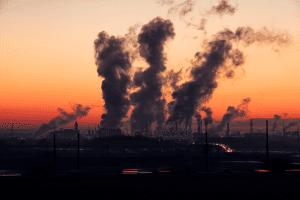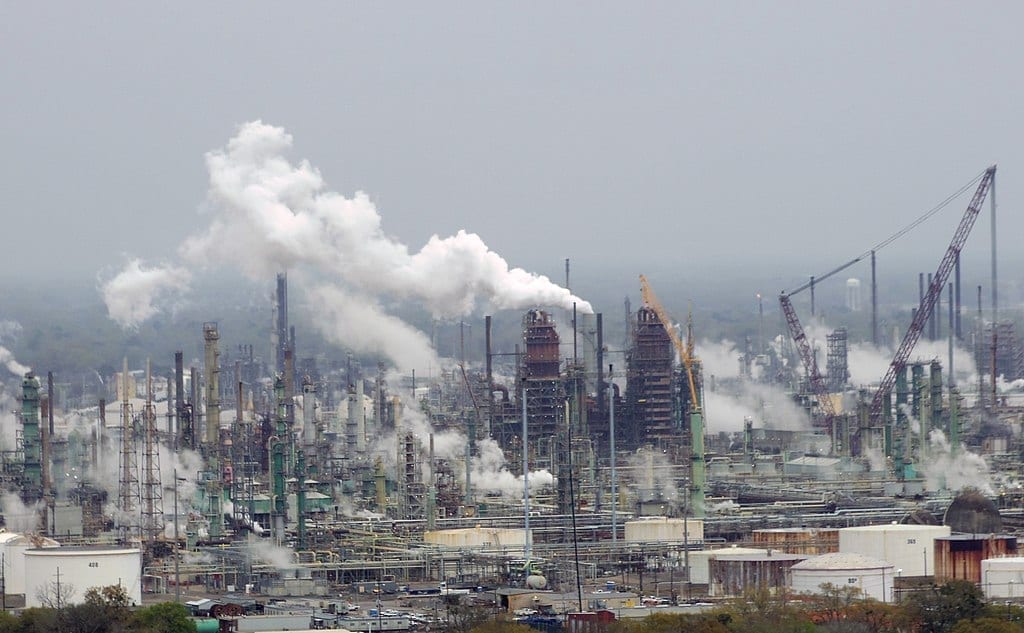It’s the second time in U.S. history a climate change lawsuit has moved to trial.
New York’s lawsuit against Exxon Mobil, the largest fossil fuel producer in the United States, went to trial Tuesday.
Exxon, says CBS News, has long been criticized by environmental activists for its efforts to cast doubt on climate science. It spent decades funding anti-climate-science groups, trying to sway public opinion against objectivity—all in spite of the fact that Exxon’s own research showed the crisis’s urgent character.
But that’s not what New York’s lawsuit is about. Instead, the state’s attorney general is hoping to punish Exxon for securities fraud relating to its portrayal of climate change regulation.
Exxon attracted considerable legal scrutiny, from New York and several other states and cities, for telling its investors that it accounted for whatever financial damage it might sustain under increased climate change regulation.

The New York Attorney General’s office has accused Exxon of erecting “a Potemkin village to create the illusion that it had fully considered the risks of future climate change regulation and had factored those risks into its business operations.”
Legal experts were quick to note that the case’s progression to trial is notable, as there’s little precedent for this kind of case.
“This will be only the second climate-change case ever to go to trial in the United States,” said Michael Gerrard, director of the Sabin Center for Climate Change Law at Columbia Law School.
Beginning in 2010, says CBS, Exxon began telling the public and its investors that it could anticipate and account for the costs of climate change regulation in its business model. But a secret set of internally circulated financial books showed the company was seriously under-prepared.
“The gap between what Exxon said it was doing and was actually doing was significant, and had an impact on the bottom line,” said Kevin Wallace, an attorney with the New York Attorney General’s office.
Exxon’s deception, suggests the A.G., “exposed the company to greater risk from climate change regulation than investors were led to believe.”
“We are not telling Exxon how to run its business,” Wallace added, saying only that the company has an obligation “to be honest with investors.”
An attorney for Exxon, in the defense’s opening statement of the day, said the company has long acknowledged that global warming is real. However, he said that “climate change does not permit the New York Attorney General to bring a meritless complaint, and one that is so unconnected from the truth.”
Attorney Ted Wells Jr. further claimed that Exxon’s procedures are “robust”—and that the government doesn’t understand the company’s financial tools.
“The evidence will show that Exxon Mobil did not commit securities fraud, did not make any misleading statements,” Wells said. “Exxon Mobil did nothing wrong.”
Sources
ExxonMobil’s climate-change accounting goes on trial
Fossil Fuels on Trial: New York’s Lawsuit Against Exxon Begins


Join the conversation!